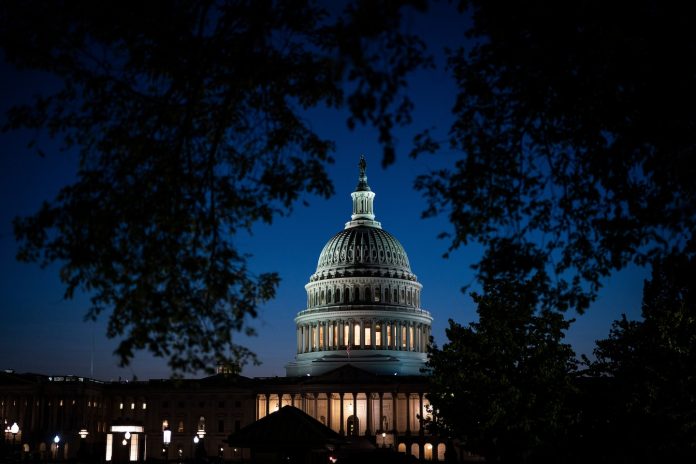The Threat of Deepfakes: Protecting Democracy from AI Misinformation
The Rise of Deepfakes: A Threat to Democracy
In a recent Senate Judiciary subcommittee hearing on election deepfakes, Sen. Richard Blumenthal (D-Conn.) issued a stark warning about the impending “deluge of deception, disinformation, and deepfakes” that could potentially undermine American democracy. The use of artificial intelligence to create misleading content poses a clear and present danger, according to Blumenthal and other lawmakers.
Following the events of the January 6 Capitol insurrection, where violence was broadcasted live, the focus has shifted to the more covert threat of AI-generated deepfakes that can manipulate public opinion and subvert elections. Bipartisan efforts are underway to address this issue, with legislation proposed by Senators Amy Klobuchar, Chris Coons, Josh Hawley, and Susan Collins to ban deceptive AI materials in political ads.
The urgency to combat deepfakes is evident, as witnessed in a recent incident where a robocall using AI with President Biden’s voice urged individuals not to vote in an election. This fake message, attributed to a former Democratic Party official, highlights the potential for voter suppression through deceptive tactics.
The proliferation of deepfakes involving political figures like Trump and Biden is a growing concern, with reports of manipulated images and videos circulating online to mislead the public. The ease with which these fakes can be created using free online tools is alarming, raising questions about the authenticity of information in the digital age.
Lawmakers and experts are calling for proactive measures to address the threat posed by deepfakes, including the creation of a public database for election content verification and the use of digital watermarking technology. While some actions have been taken, such as allocating federal funds to counter disinformation, more robust penalties for bad actors and platforms that propagate deepfakes are needed.
As the Protect Elections from Deceptive AI Act gains traction, there is a sense of urgency to act swiftly to safeguard the integrity of elections and protect against the weaponization of deepfakes. The personal impact of these deceptive tactics, as experienced by Senator Klobuchar, underscores the need for immediate action to combat this growing threat to democracy.
In the face of this evolving challenge, the message is clear: the time to address deepfakes is now, before they have the chance to undermine trust in our democratic processes and sow further division among the public.
